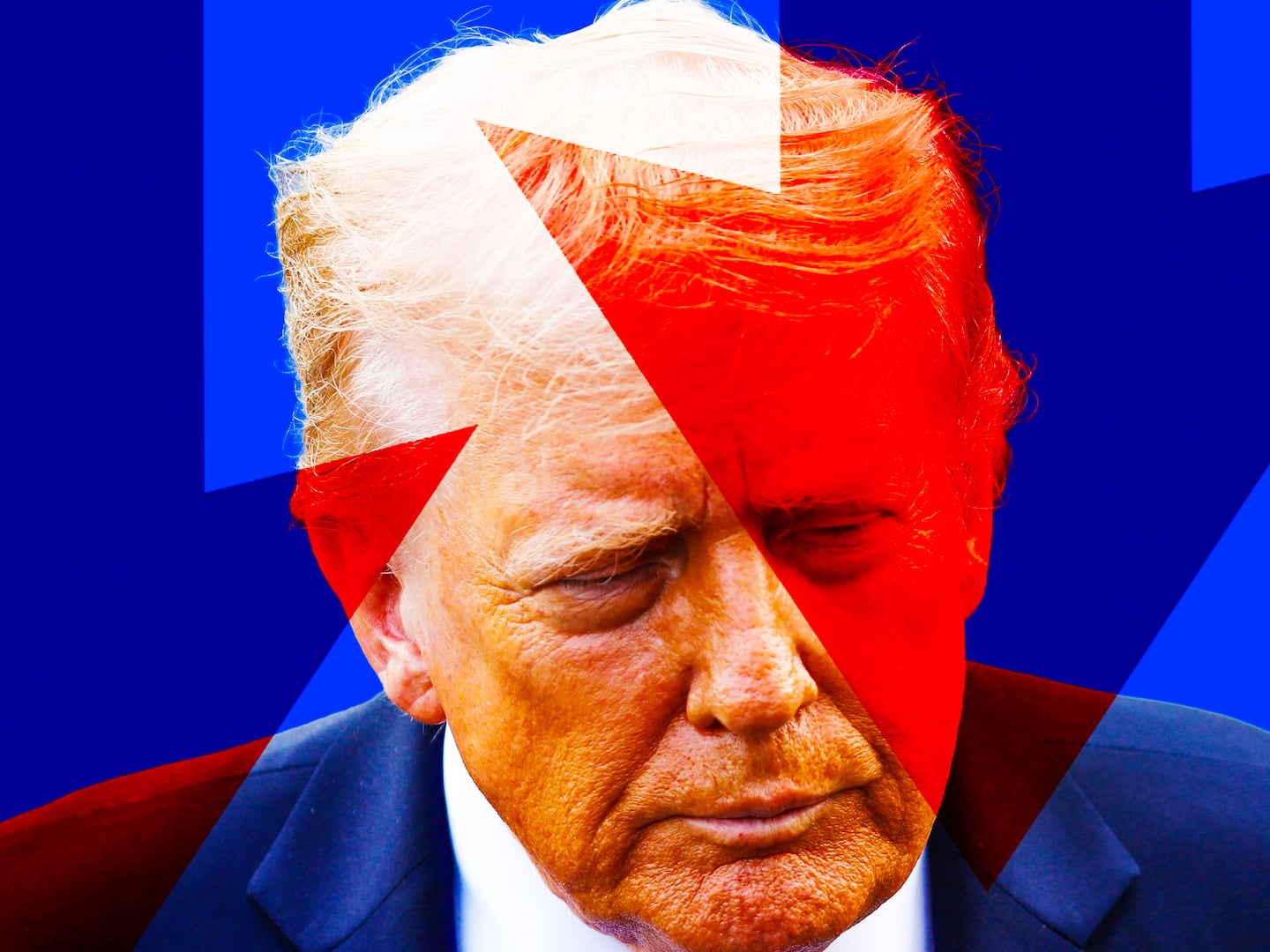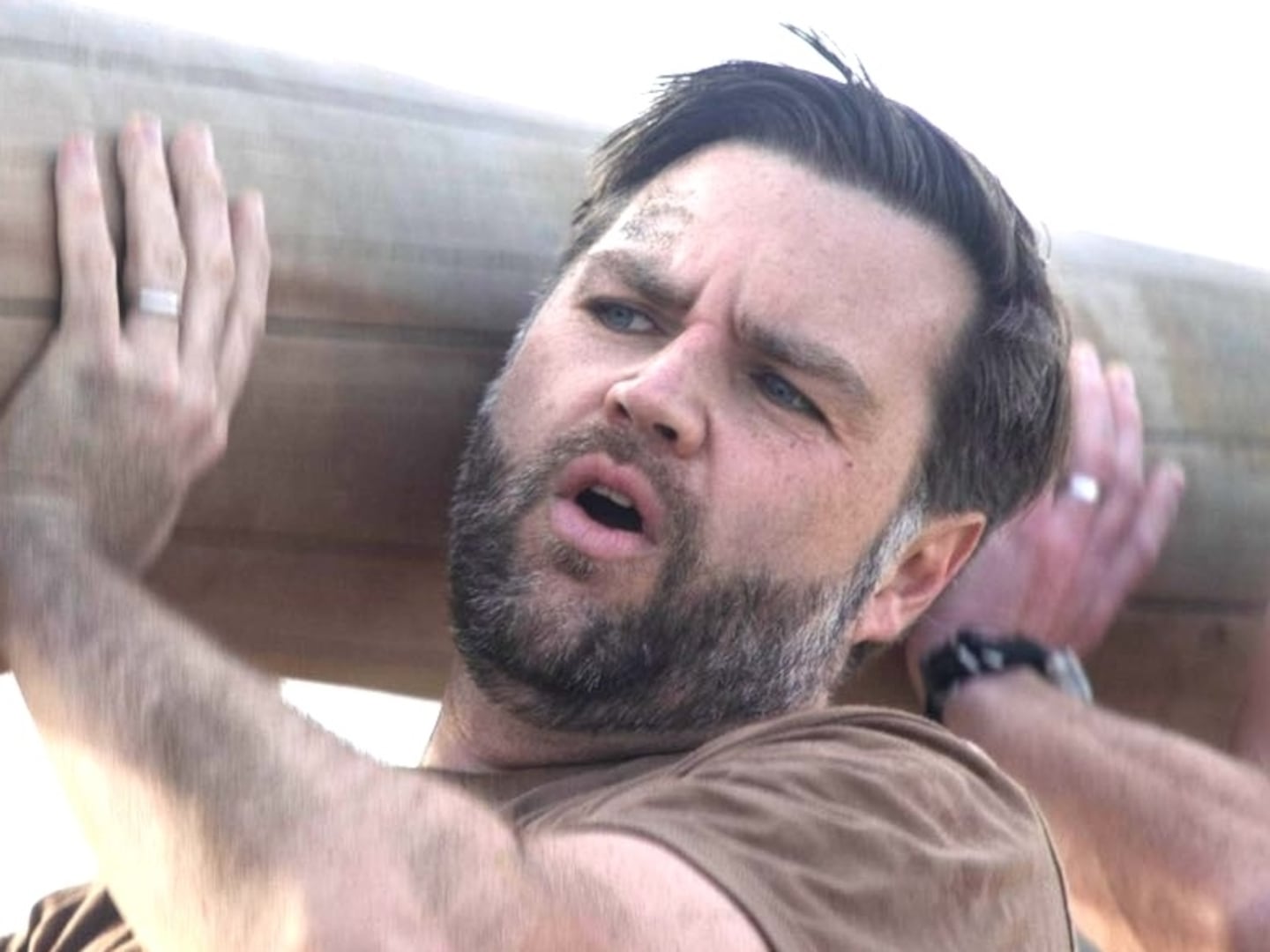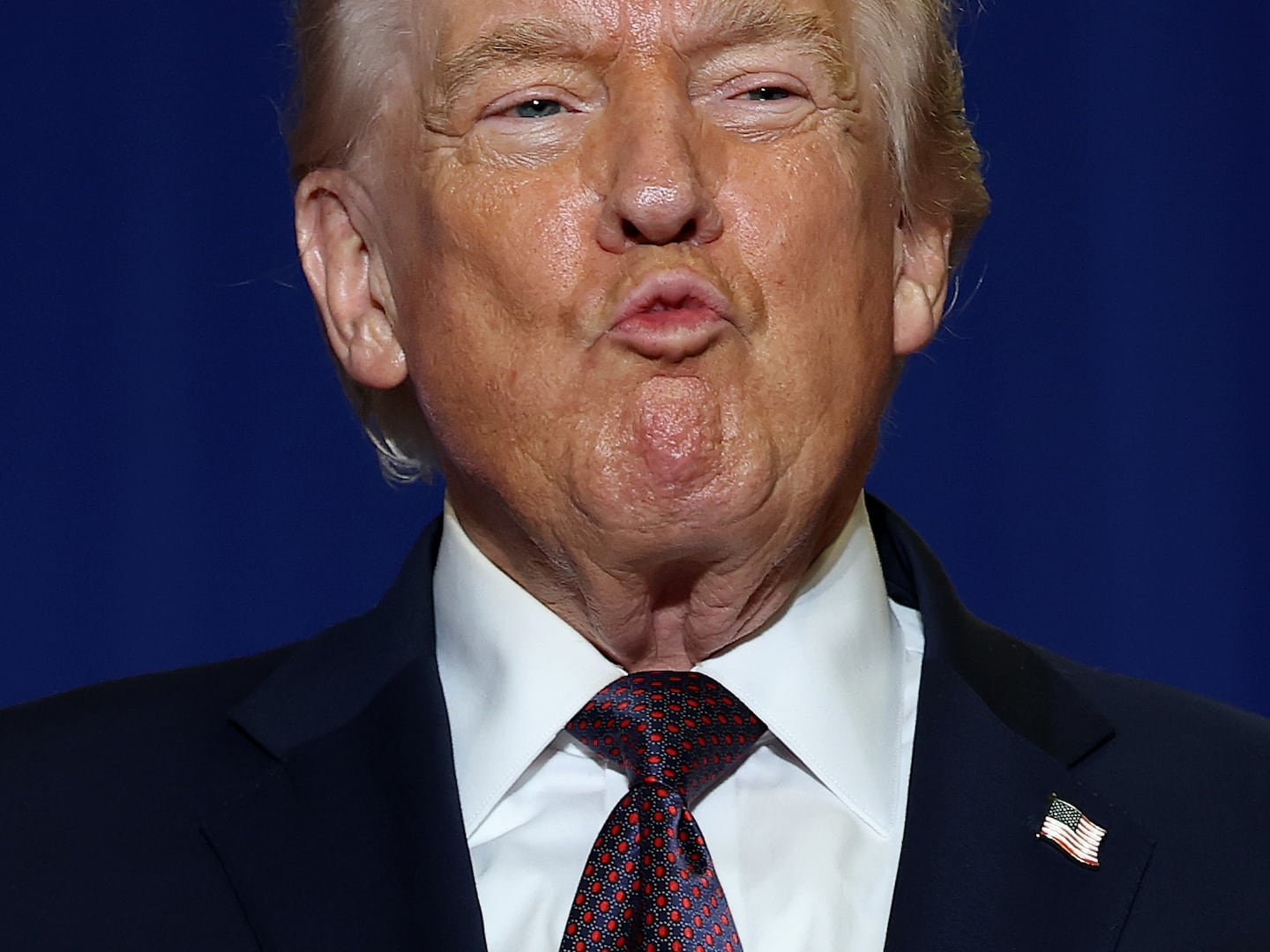I’ve been a gun-control advocate for thirty years, but when I received two emails Friday afternoon advocating gun control while the bodies in Aurora, Colo. were still warm, the solicitations left me cold. It’s not just because the exploitation of a tragedy to achieve a political objective is obscene; it’s because we’ve had this argument before, we know it by heart, and it doesn’t matter a whit.
Gun-control advocates say if we had more rigorous laws, Columbine and Virginia Tech, and now Aurora, would not have happened. The NRA says if more people at the scene of the tragedy had been packing heat, they could have taken the shooter down.
Both arguments are equally absurd. If reports are accurate, James Holmes, the accused shooter in Aurora, was wearing body armor head to toe. Nobody carrying a .38 or a .45 was going to stop him. If ten people had been carrying guns with 10 rounds each, another hundred people would have been wounded, some probably mortally.
More important, what these mass slaughters have in common has less to do with the ease of getting weapons than with our society’s reaction to monstrous acts perpetrated by those with mental illness. The key word is reaction; we do not do anything until it is too late.
In his magisterial book about Columbine, Dave Cullen exposes the broken brains of Eric Harris and Dylan Klebold, and the portrait that emerges, in my view, is one that strict gun laws could not have altered. I suspect we’ll learn the same of Jared Lee Loughner, who shot Rep. Gabrielle Giffords and killed six others, if he ever goes on trial. All three are psychological siblings of Anders Breivik, the diseased Norwegian who murdered 77 men and women last year. And Breivik in turn is the psychological cousin of our own Timothy McVeigh, who murdered 168 people without any guns at all. (Norway, by the way, has a higher rate of gun ownership than any other country in Western Europe, but gun-control advocates in America would be thrilled for even a watered-down version of the country’s restrictions.)

Some people are talking about mental illness today who were not talking about it Thursday, and that’s good, but most people are talking about gun control and capital punishment. A friend asked me on my Facebook page whether Aurora is a good reason for the death penalty.
If you are talking about the death penalty now, you are talking about closing the barn door after the mare is a mile down the road, and if you are talking about gun control, you’re bringing a knife to a gun fight. The problem we have in America is a deep cultural denial that there are thousands of damaged human beings whom we ignore until they explode, and who get worse while—and because—we ignore them.
Here’s what we should have learned by now: You do not mend broken people by trying to close off their access to guns, because they will get them online or use homemade bombs instead, and you do not deter other broken people by killing the ones who crack. If you were to ask Jared Loughner or James Holmes about Timothy McVeigh, your answer would probably be a blank stare.
Gun control is good for a lot of things. It will keep kids from killing themselves with their dads’ unsecured guns. It will make it harder for drug dealers to kill each other, and it will save lives in ordinary robberies. It might even prevent wildfires in the west. But it will not stop the mentally ill from reaping carnage because the proximate cause of their carnage is disease, not hardware.
If you say that a ten-round clip would have limited the damage in Aurora, and you might be right. But you also might be wrong, because Holmes might have walked in instead with a bomb. Either way, here we are arguing about how to limit the damage broken people do rather than talking about how to mend broken people.
Of course nobody needs an AK-47 or a twenty-round clip, and the Supreme Court ruling making it more difficult for communities to restrict access to guns was deeply unsound. But before we get sidetracked for the umpteenth time talking about limiting access to certain calibers, or muzzle velocities, or clip size, we should perhaps start talking about how we can identify broken people—not just when they walk into a gun store to purchase a weapon (although certainly there as well), but also when they apply to college, or for a driver’s license, or do anything else that might call them to the attention of people who are trained to look.
Prisons, homeless shelters, and highway underpasses are teeming with mentally ill human beings because our society thinks harsh punishment will solve most of the problem, and restrictions to the implements of crime will solve the rest. Wrong and wrong again. Nobody is responsible for the unspeakable tragedy James Holmes unleashed besides James Holmes. But all of us share responsibility for ignoring the James Holmeses of our world until they force us to learn their infamous names.






